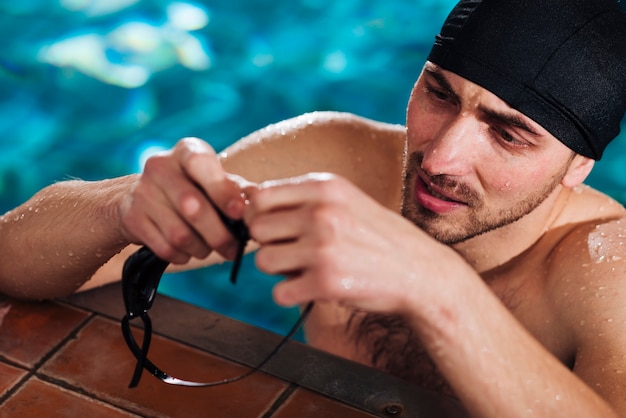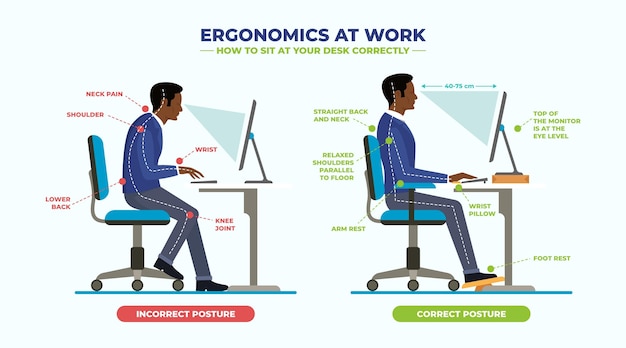Staying hydrated is one of the simplest yet most overlooked aspects of health and performance. While most people know they should drink water, subtle mistakes can quietly undermine their efforts. Whether you're an athlete, a busy professional, or just trying to feel better every day, these 30 common hydration missteps might be sabotaging your results—without you even realizing it.
Thirst is a late indicator of dehydration. By the time you feel thirsty, your body is already mildly dehydrated. Solution: Drink water consistently throughout the day, not just when you're thirsty.
After 6–8 hours without fluids, your body needs rehydration. Coach tip: Drink a glass of water as soon as you wake up to kickstart metabolism and rehydrate.
Chugging large amounts of water can lead to discomfort and inefficient absorption. Form note: Sip steadily—your body absorbs 8–10 oz at a time more effectively.
Water alone isn't enough during prolonged activity or in hot climates. Modification: Add a pinch of sea salt or an electrolyte supplement to water if sweating heavily.
Cucumbers, watermelon, oranges, and celery are over 90% water. Coach tip: Include these in meals to boost fluid intake naturally.
Monotony can reduce water consumption. Modification: Infuse water with lemon, mint, or berries for flavor without sugar.
A tiny bottle means constant refills and less motivation. Form note: Use a 20–32 oz reusable bottle to track intake easily.
Starting a workout dehydrated reduces performance. Coach tip: Drink 16 oz of water 1–2 hours before training.
You lose fluids through sweat. Modification: Weigh yourself before and after workouts—drink 20–24 oz per pound lost.
Coffee and tea are diuretics in excess. Coach tip: Balance each cup of coffee with an equal amount of water.
Soda and sweetened juices can dehydrate due to high sugar content. Modification: Switch to sparkling water or herbal tea.
Hot or dry environments increase fluid needs. Coach tip: Increase intake by 8–16 oz daily in extreme weather.
Pale yellow urine indicates good hydration. Dark yellow or amber means you're behind. Form note: Check regularly as a quick self-assessment.
Too much water can dilute stomach acid. Modification: Sip moderately—avoid large volumes during meals.
Cabin air is extremely dry. Coach tip: Drink 8 oz of water per hour while flying.
They’re useful for intense workouts over 60 minutes, but unnecessary for light activity. Modification: Stick to water for everyday use.
They can leach chemicals and harbor bacteria. Form note: Choose BPA-free or stainless steel bottles.
Without a target, intake can fluctuate. Coach tip: Aim for half your body weight (lbs) in ounces daily as a baseline.
Desk jobs reduce movement and fluid reminders. Modification: Set hourly phone alerts or use a marked water bottle.
Very cold water can cause cramping in some people. Coach tip: Room temperature water is often better absorbed.
Fever, vomiting, or diarrhea increase fluid loss. Modification: Use oral rehydration solutions or broth.
Too much water can lead to hyponatremia (low sodium). Coach tip: Balance intake with electrolytes, especially when active.
Headaches, fatigue, and dry skin can all signal low hydration. Form note: Address symptoms early with small, frequent sips.
Some weight-loss or detox products increase water loss. Modification: Increase water and electrolyte intake if using such products.
Guessing leads to underhydration. Coach tip: Use a hydration app or mark your bottle with time goals.
Over-reliance on tech can disconnect you from bodily cues. Form note: Use apps as tools, not replacements for awareness.
Recovery still requires fluid for muscle repair. Modification: Maintain consistent intake regardless of activity level.
Alcohol suppresses antidiuretic hormone. Coach tip: Alternate alcoholic drinks with water to stay balanced.
Extreme heat increases fluid loss. Modification: Drink 16 oz before and after sessions.
Completely clear urine may indicate overhydration. Coach tip: Aim for pale yellow—not colorless.
Hydration isn’t just about drinking water—it’s about doing it wisely. By avoiding these 30 common mistakes, you’ll support better energy, focus, digestion, and recovery. Start small: pick 2–3 fixes to implement this week, and build from there.

Wellness

Wellness

Wellness

Wellness

Wellness

Wellness

Fitness

Fitness

Wellness

Wellness

Wellness

Fitness

Health

Fitness

Health

Health